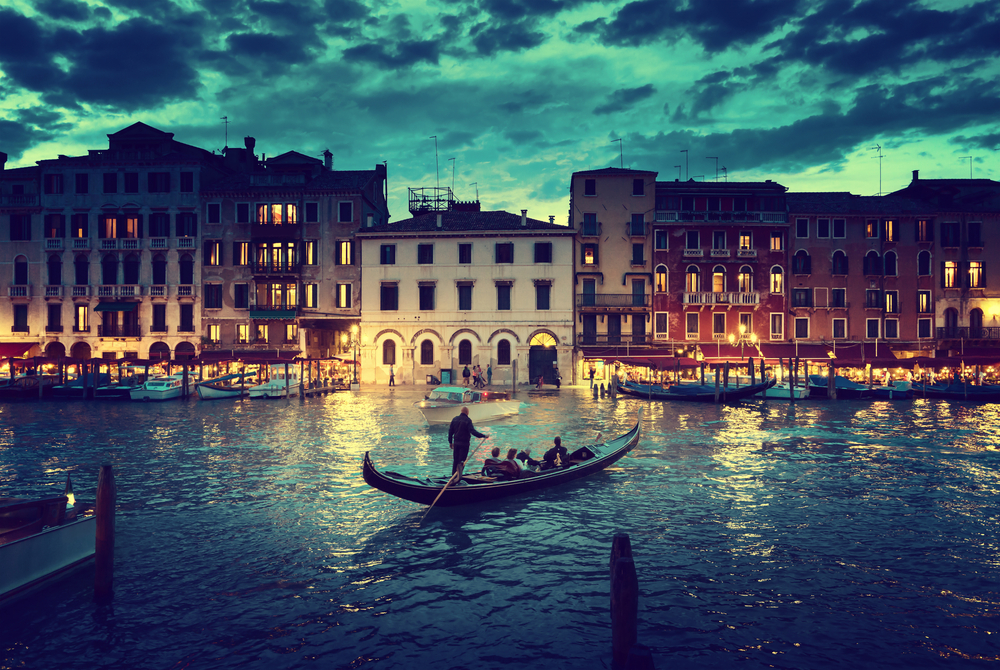Teaching English in Italy
Options for teaching English in Italy
Classroom teaching jobs in private international schools are available for experienced, licensed teachers. These teaching jobs usually require a minimum of two years of previous full-time experience.
It’s possible to teach English in Italy in both public school classrooms and private language schools. Teaching English in Italy is competitive, so teachers are usually expected to have a TEFL certificate of a minimum of 100 hours. Previous teaching experience is often required.
Salary and benefits when teaching English in Italy
Salary will vary from city to city, as will the cost of living. Teaching English in Italy will usually provide teachers with a salary that allows them to live comfortably, although accommodation and airfare are usually not included as part of a salary package.
Teach English in Italy – Hiring
Hiring for English teaching jobs in Italy usually begins in early spring, with jobs beginning in September or October. Teachers should begin checking the Teach Away job board around February or March for new English teaching jobs in Italy.

What you need to teach English in Italy
Qualifications to teach English in Italy
Licensed teachers who want to teach English in Italy will need a government-issued teaching qualification in their home country or state, and will generally need at least 2 years of full-time teaching experience.
To teach English in Italy, teachers will need a recognized TEFL certificate. English teaching jobs in Italy are competitive, so certification is essential. Previous teaching experience is often, but not always, required.
Visas for teachers in Italy
Non-EU citizens will need a visa in order to teach abroad in Italy. Obtaining a visa is difficult, but not impossible.

Living in Italy
Whether you’re looking forward to navigating the streets of Rome or spending a school holiday tasting wine, living in Italy presents no shortage of cultural opportunities.
Housing in Italy
Accommodation is not usually included as part of a teacher’s employment contract, although many schools will provide assistance for teachers looking for housing. In larger cities, living with a roommate––often a fellow teacher––is a common way to make the accommodation more affordable.

Things for teachers to do in Italy

OISE TEFL Certification for Private School Teachers

Apply to teach in Italy
Register for a teacher account to apply for teaching jobs in Italy
Italy at a glance
Country information
Capital: Rome
Language: Italian
Population: 61 million
Currency: Euro (EUR)
Government: Parliamentary constitutional republic
Quick facts
Italians are prolific cheese creators, responsible for cheeses such as parmesan, gorgonzola, mozzarella, provolone and ricotta.
Italy is said to have more masterpieces per square mile than any other country in the world.
The highest peak in Europe is in Italy, Monte Bianco, measures a whopping 15,771 feet high.
Italy has hosted the Olympic Games on three separate occasions - the Winter Games in Cortina d'Ampezzo (1956), as well as the Summer Olympics in Rome (1960) and Turin (2006).
The most popular sport in Italy is football (commonly known as soccer). Italy has won four World Cups in total, the last one being in 2006.
As the Italian peninsula lies on a fault line, the country experiences many Italy earthquakes and volcanoes - the highest number in Europe.
Many of the world’s most famous scientists and mathematicians were born and raised in Italy, including Leonardo Da Vinci, Galileo Galilei, Alessandro Volta and Fibonacci.


















